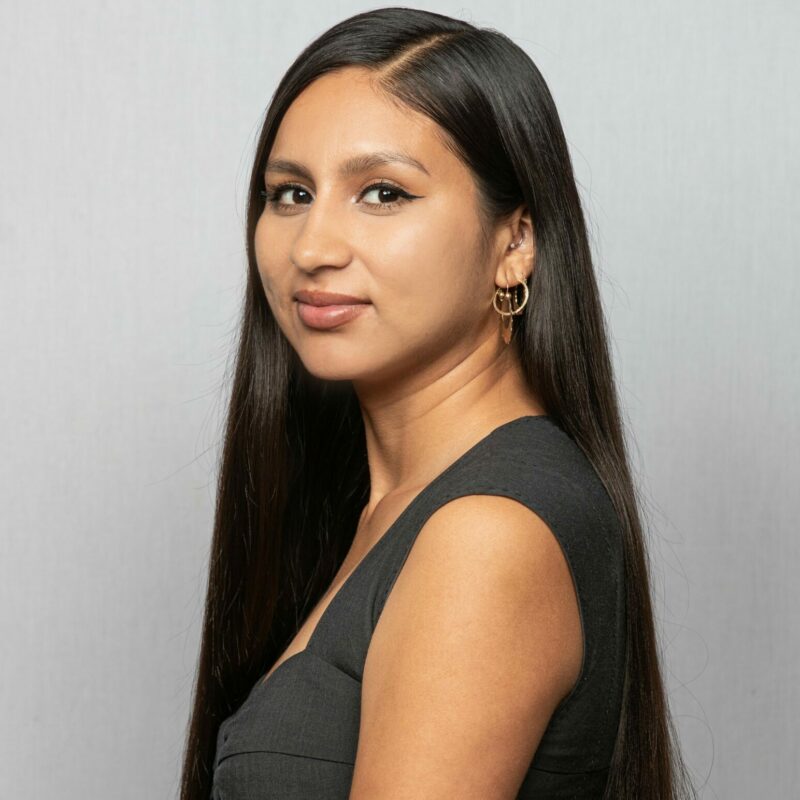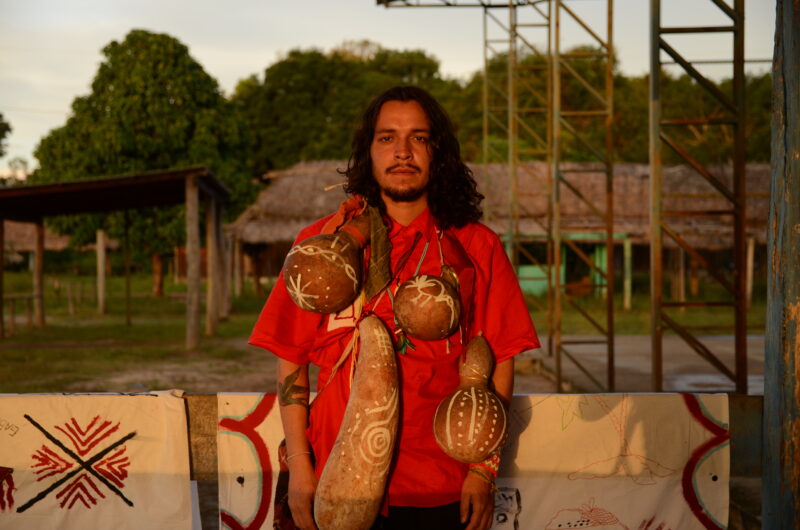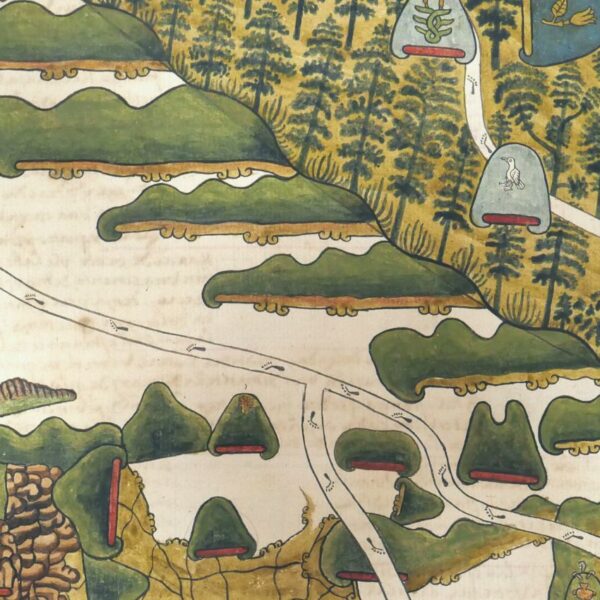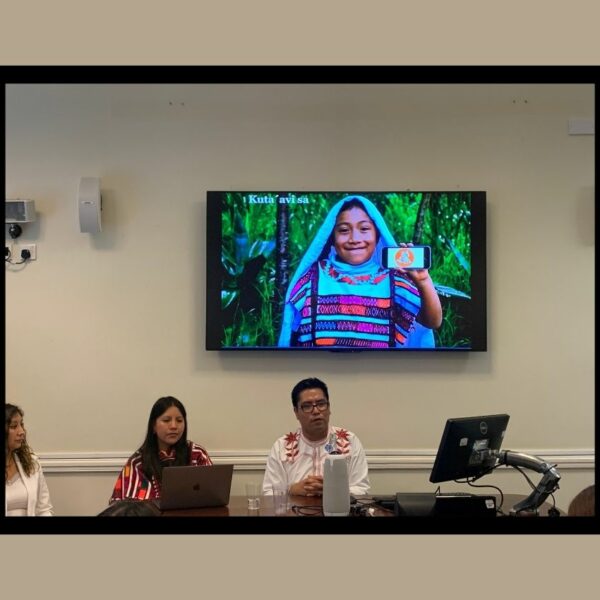[Online talk] Collections and communities: Latin America and the Caribbean at the British Museum
Online event
The British Museum‘s Latin American and Caribbean collection comprises more than 60,000 objects, including some of the most spectacular works of art created in the last 12,000 years. To make this vast resource more accessible around the world, the SDCELAR conducts collaborative projects with Indigenous and Afro-descendant communities, among others, across the continent. The programme aims to challenge the ways in which Latin America is commonly represented and studied in museums through creating community networks, experimenting with museum research and giving Latin American collections greater visibility.
This free online discussion will highlight two recent collection-based projects, developed in collaboration with Yaqui architect Selina Martínez (US) and Wapichana artist Gustavo Caboco (Brazil). Joined by colleagues from the British Museum, Martinez and Caboco will offer insights into their work and highlight the importance of bringing Latin American collections to the fore.
This event is part of Friends’ fortnight, an exciting two weeks of events and offers, exclusively for Members.
Join the discussion from 18.15 on Thursday 12 October. The event will be hosted on Zoom, a free video-conferencing system.

Selina Martínez
Selina Martínez is a member of the Pascua Yaqui Tribe and Xicana born and raised in Phoenix, Arizona. She is currently an architect in training pursuing her architectural license. In 2020, Martinez was a recipient of the Radical Imagination grant from the NDN Collective, establishing the seed funding to create Juebenaria, a project focused on providing an evolving collection of a plurality of Yaqui lived experiences through digital media. Her project with SDCELAR examines questions of territorial identity, dispossession, community memory and storytelling, and design responses in Yaqui communities on both sides of the present-day US/Mexico border.

Gustavo Caboco
Gustavo Caboco is a Wapichana visual artist from Brazil who works in the Paraná-Roraima network and in the paths of return to the land. His production with drawing-document, painting, text, embroidery, animation and performance proposes ways to reflect on the displacements of indigenous bodies and on the production and resumption of memory. Caboco participated in the 34th São Paulo Biennale (2021). His project with SDCELAR alongside Wapichana historian Roseane Cadete, ‘Atelie Lavrado’, is based around a collection of Wapichana objects at the British Museum, with a particular focus on materials related to traditional weaving practices that are relevant for living communities in Brazil.

